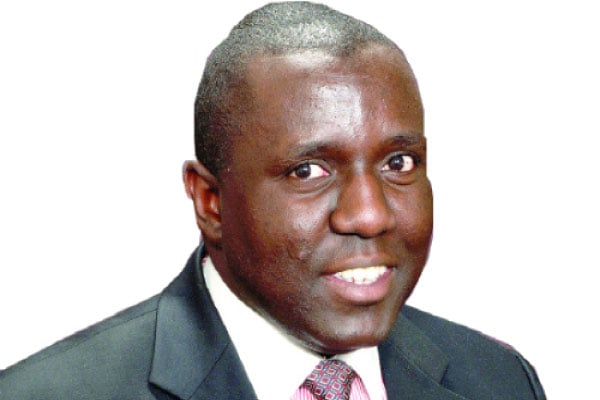Prime
President must seek urgent consensus on the economy

Author: Mr Karoli Ssemogerere is an Attorney-at-Law and an Advocate.
What you need to know:
- The President must understand that economic anguish is being felt at all levels. No more sacred cows inside the economy.
The economy is going through its own version of long Covid. Some segments of the economy that responded to Covid related issues are folding. The global economic situation is changing rapidly to a high interest rate regime, which will affect foreign direct investment and credits.
The story at the fuel pump is the same as higher crude prices are encouraging speculation at the pump. Crude may hit $160 at the onset of the peak summer driving season in the northern hemisphere. The war in Ukraine has also already adversely affected the prices of staples like wheat, maize and cooking oil.
It is also being felt down the line in agro inputs like fertilizer.
The President must understand that economic anguish is being felt at all levels. No more sacred cows inside the economy. The prime place the Ministry of Finance has found itself in setting policies of the whole country is being challenged inside the government.
The Minister of Labour wants to inspect more factories owned by foreign investors. The Minister of Agriculture does not agree with the heavily subsidised $80 million coffee processing, politely saying he was not consulted. As elections approach in Kenya a new line of hoarding may start as this election will have a new president after Mr Uhuru Kenyatta serves his two constitutional terms in office.
After the experience of the 6th and 7th Parliaments, the president has been playing a cat and mouse game with the legislature. First he acknowledges their great influence and nominal authority over the executive, Parliament appropriates, approves key policies. Then he creates alternative power centers inside the legislature to great effect. Members of Parliament especially in the ruling party rise and fall depending on circumstance depriving them of their biggest legitimacy, incumbency. But Members of Parliament are also feeling this anxiety from the electorate. The way the economy functions must change.
Sixty years after independence, 40-50 percent of the budgetary resource envelope is now going to servicing, refinancing and borrowing. These are resources that are externalized from the economy. As you drive outside the capital you come face to face with two countries existing side by side. The President has explained this in two ways, let the corrupt invest inside the country. Sometimes the population views his favourite investors in the same way. For the poor, they must do more to access the benefits of growth through trickle- down economics.
Uganda does not publish key economic data, unemployment, and workforce absorption of university graduates. After Covid there was a realisation something needed to be done about years of systematic pay neglect in strategic sectors like health and education. The net sum of poor pay was visible for everyone to see. Other parts of the public sector, the largest employers like local government, are limited to show up jobs as their role stimulating growth at the grassroots has been neutered by the diminishing share of local government budgets out of the national envelope. Many districts created in the last five years are not operationalised except for purposes of elections. Most councillors elected find they cannot even convene for business as the government does not have a budget to pay them.
After the Greek collapse, international financial institutions sought to mitigate default risk by centralising financial resources in the national coffers. The Chinese were also very happy with this arrangement. Each new line of credit had to be supported by fresh deposits in their escrow account at the Central Bank which in turn fuelled a rise of indirect taxes and levies.
When resistance mounted to levies like OTT, the Chinese relented. In other countries when the Chinese took over national assets like the shipping port of Colombo in Sri Lanka, or managing the international airport in Lusaka, the backlash was huge. Chinese debt was favoured over multilateral institutions because it does not carry political conditions. Faced with pressure on this end, we have run back as a necessity to the IMF whose money is cheaper but carries more conditions. Both bilateral and multilateral lenders know the day of reckoning is only coming closer.
Debt repayments are sucking out capacity for domestic economic growth and pressed for room, the President as the Minister of Finance is exercising his last sovereign prerogative, tax policy to attract foreign investment. The tumor can only grow in this case and a new consensus is urgent.
Mr Ssemogerere is an Attorney-At-Law and an Advocate. [email protected]




